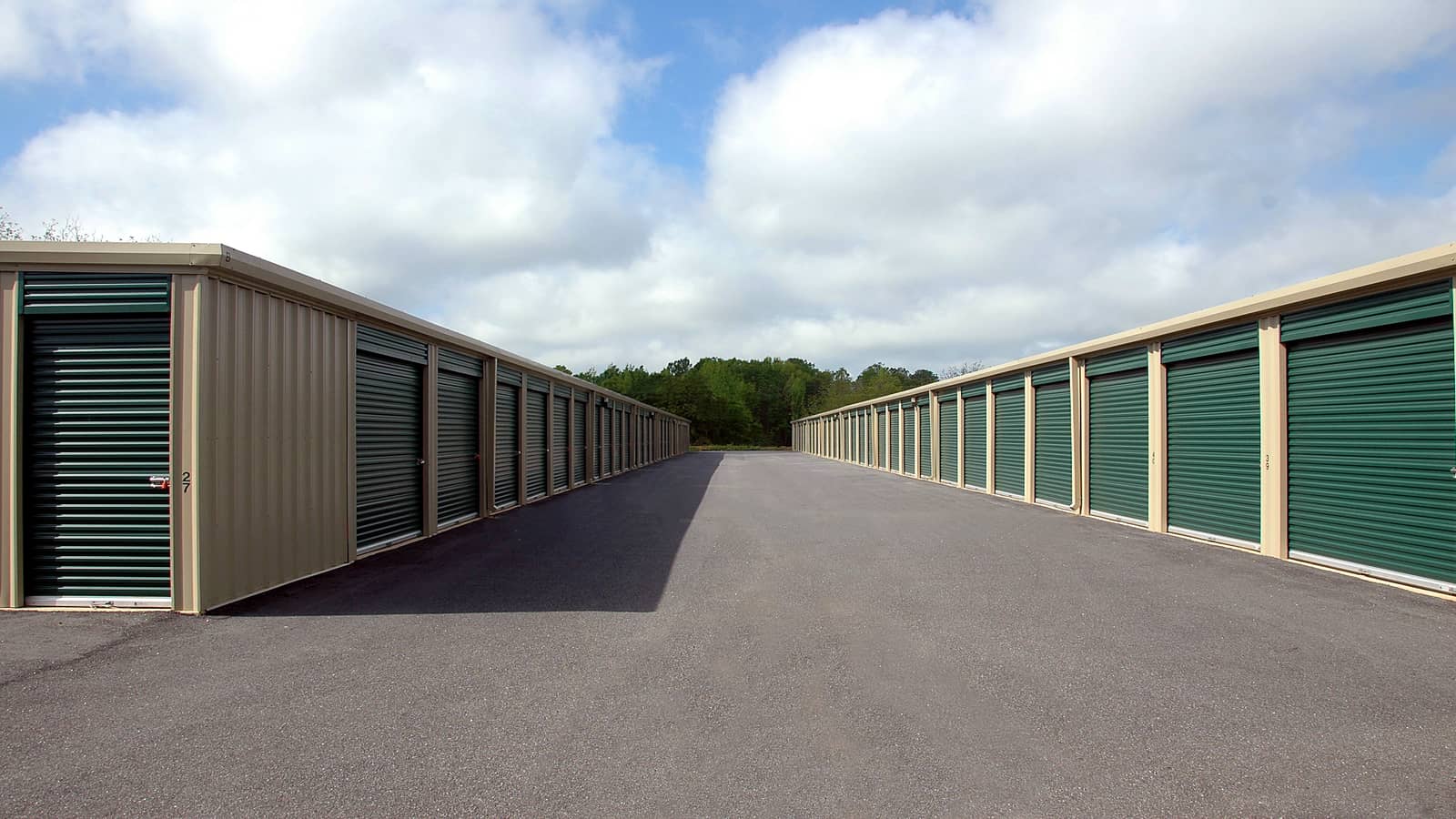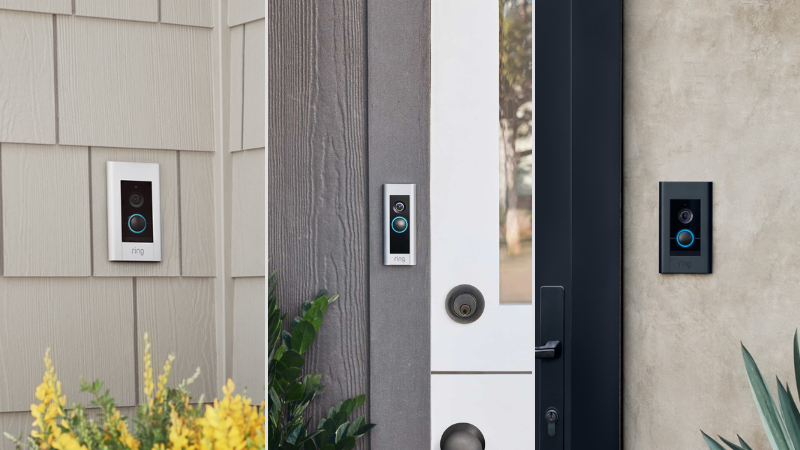There are plenty of reasons to rent storage space. Maybe, you’re planning to move, or you’re just trying to create extra space for yourself. Regardless, self-storage comes in handy when you have nowhere else to store your items. Plus, you’d still want to keep those items in a safe place.
That said, there are some things you ought to consider with using a storage unit. Below is a list of the dos and don’ts you should take heed of.
1. Do Get A Unit Close To Your Property
The reason why you should get one close to home is convenience. You certainly don’t want to be travelling for one hour just to get to your unit every single time. Instead, you want a storage unit that you can access easily on-demand.
2. Do Choose A Reliable Storage Company
No two storage companies are the same. The policies and terms used by companies are likely to differ. Plus, the quality of service and reliability won’t be similar as well.
Reputable companies offering safe containers give you peace of mind because they've got good track records. So, when looking for a company, conduct research on your prospective companies and find out which one best suits your needs. Read reviews about them, and gauge whether or not they’re trustworthy.
Remember, you’re entrusting a third party to handle your items. Therefore, it’s worth doing proper research to find the right one.
3. Do Label Your Boxes
Labelling your boxes makes it easier to identify them in future. Without labelled boxes, it may be very difficult to locate them, especially if there’s plenty to look through. Therefore, labelling boxes saves time and energy.
Ideally, you should label the box on all four sides, and make sure that the print is visible enough. You could also ascribe numbers to each box, and then feed that data into your computer so that you can optimize the entire process of storage.
4. Do Get Storage Unit Insurance
Usually, storage unit insurance isn’t too expensive. But, if you can afford to rent a unit, you can probably afford to pay for insurance as well. Now, insurance may not cover everything. But, as a precaution, just in case of an accident, get storage unit insurance. If incidents like earthquakes or flooding occur, you’ll have a claim to fall back on.
5. Do Stack Neatly
Arranging your boxes in an organized manner will help with retrieval, too. By stacking your boxes smartly, they become easier to identify.
Furthermore, how you stack the boxes depends on your preference and the amount of space you’re working with. You can arrange them by number, letter, or category. For example, you could categorize the heavier items under the letter ‘H,’ and the smaller ones under ‘S.’
Also, since you’re stacking boxes on top of each other, make sure the bigger or heavier ones are at the bottom. Boxes containing fragile items like wine bottles should be stored at the bottom, too.
6. Do Know The Right Unit Size
Storage units come in different sizes. So, based on the items you want to place in storage, you need to choose the most appropriate storage unit size. You don’t want to get a unit that’s too big or too small. Instead, you need one that’s just right. To establish the best size, you may need to call a representative from the storage company for help.
7. Do Record Where Items Are Stored
If you’re using self-storage, there’s a high likelihood that the items stored may stay there for a long time. Also, there’s the possibility that items could pile up to where you simply can’t recall where they’ve been stored off the head. So, it’s wise to keep a record—whether on paper or computer—of where you’ve stored your items. You must also ensure to keep this record updated as an ongoing or running list.
Moreover, you could add a photo vault containing images for your unit. Whenever there are changes in arrangement or inventory, take a picture. You’ll need this in case you have to file a claim. These photos will also help identify items when you want to retrieve them later on.
8. Don’t Store Flammable or Other Hazardous Products
Not storing your flammable items, such as gas or explosives, poses a significant level of risk. Most companies won’t allow you to store such substances. Even if their temperature is regulated, flammable goods are dangerous. For instance, if the power goes off or the system malfunctions, something could go seriously wrong and could lead to a fire breaking out. So, it’s best to store these items elsewhere.
9. Don’t Keep Perishables In The Storage Unit
Most companies won’t allow you to store perishable goods such as fruits and vegetables, inside their units. Storage units aren’t synonymous with food pantries. Plus, most aren’t refrigerated. So, perishable products will go bad quickly, thus, attracting insects and rodents. This may cause a foul smell and mould, which may spoil the other items in your storage unit. The only exception is that of canned products. Just make sure that the cans are properly sealed before you store them.
10. Don’t Store Valuable Items In The Storage Unit
While it’s possible to store some valuable items in storage, it’s important to note that it’s not wise to store them there. A good example of a valuable item would be goods that hold sentimental value, such as an expensive gift from a loved one or antique items. But, even if you have storage unit insurance, the insurer may not compensate you fully in the event of a disaster. If you can’t afford to lose the item, it probably doesn’t belong in storage. So, to be safe, don’t store your most valuable items in storage units.
11. Don’t Forget To Lock The Unit
You need to find a sturdy lock for the unit, and ensure that you leave it locked. You never know who’s watching to see if you forget to lock the unit so that they can steal your items. As a safety precaution, double-check that you’ve properly locked the unit before you leave.
12. Don’t Share Your Key Or Access Code
You need to make sure that you keep your access code safe. The items inside the storage belong to you and no one else. Not everyone has the best intentions, so don’t share the code with random people. However, those people whom you truly trust are an exception.
Conclusion
If you’re going to rent storage space, the best thing you can do is to partner with a reputable company with an excellent track record. Great companies may charge slightly higher prices, but their service quality is usually worth the extra bucks you pay.







